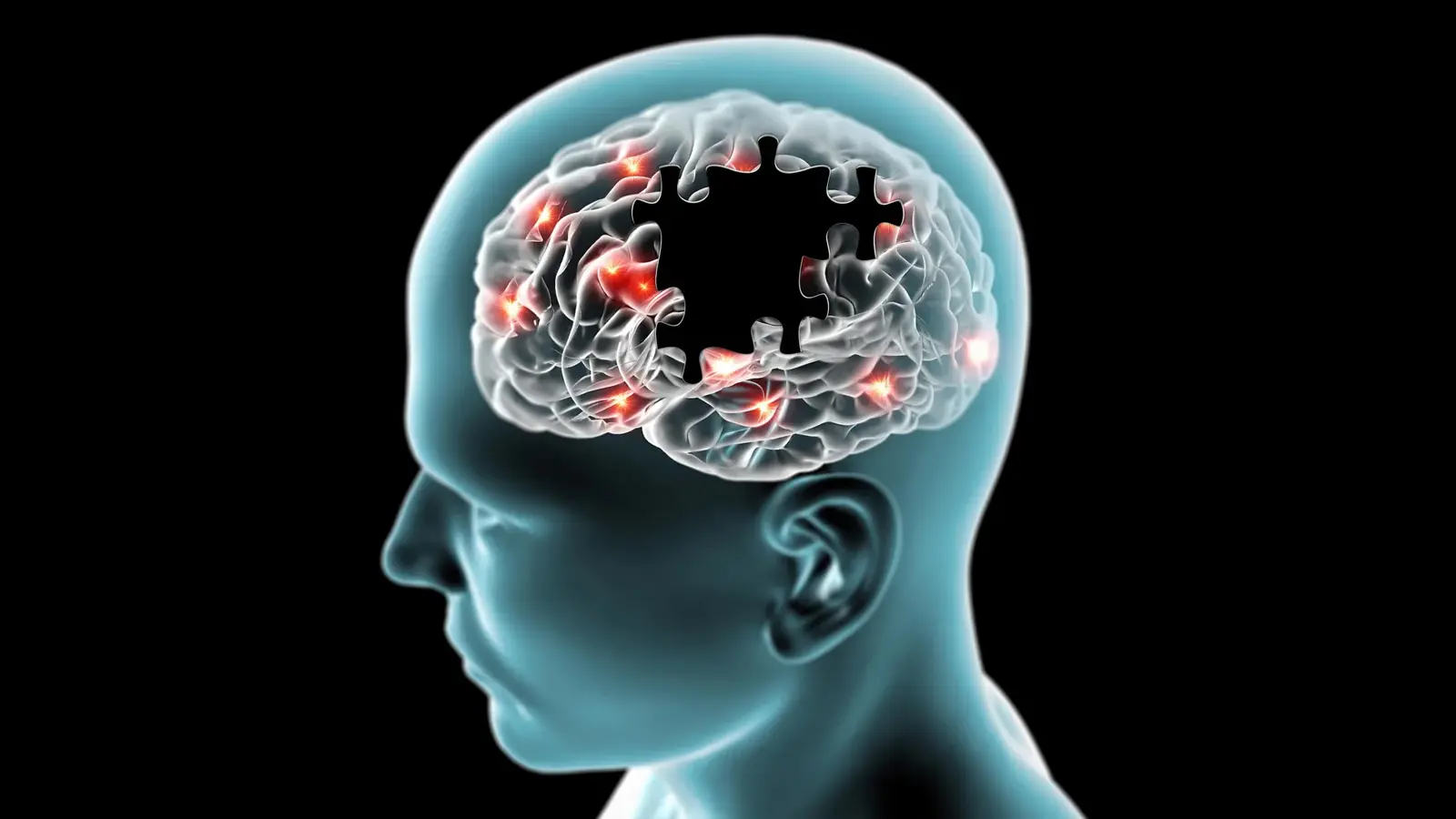5 Minutes
Study summary and context
A large observational study led by the Mayo Clinic and published in Neurology reports that older adults with chronic insomnia had a substantially higher likelihood of developing mild cognitive impairment or dementia. Chronic insomnia was defined in the study as difficulty sleeping at least three nights per week for three months or longer. After adjusting for age, vascular risk factors, sleep medications and sleep apnea, those with chronic insomnia showed a 40% higher risk of developing cognitive impairment compared with participants without insomnia. The investigators emphasize that the study demonstrates an association, not causation, but the strength and consistency of the findings support the importance of sleep for long-term brain health.
Methods, participants and key findings
Who was studied
The analysis followed 2,750 cognitively healthy adults (mean age about 70) for an average of 5.6 years. At enrollment, 16% of participants had a documented diagnosis of chronic insomnia in medical records. Participants completed annual cognitive testing and some underwent neuroimaging to quantify white matter hyperintensities (WMHs) — MRI-detected regions commonly linked to small vessel disease — and amyloid deposition, a protein hallmark associated with Alzheimer’s disease.
Main outcomes
Over the follow-up period, 14% of people with chronic insomnia developed mild cognitive impairment or dementia versus 10% of those without insomnia. After statistical adjustment for multiple confounders, chronic insomnia remained associated with a 40% increased risk of cognitive decline — a difference the authors equate to roughly 3.5 years of accelerated brain aging. Participants who reported sleeping less than usual during a recent two-week window had lower baseline cognitive scores corresponding to approximately four additional years of age, and they showed more WMHs and greater amyloid burden on imaging. By contrast, those reporting more sleep than usual tended to have fewer WMHs at baseline.

Biological context and implications
The imaging signals reported — both increased amyloid deposition and more white matter hyperintensities — suggest multiple pathways by which disrupted sleep could relate to later-life cognitive decline. Amyloid plaques are protein aggregates commonly observed in Alzheimer’s disease; white matter hyperintensities reflect small-vessel cerebrovascular injury that can impair neural networks supporting memory and thinking. The study also found that carriers of the APOE ε4 allele, a well-known genetic risk factor for Alzheimer’s, experienced particularly steep declines when insomnia was present, indicating potential interaction between genetic vulnerability and sleep disruption.
Dr. Diego Z. Carvalho of the Mayo Clinic, a study author, noted that 'insomnia doesn't just affect how you feel the next day — it may also impact your brain health over time.' The research team emphasizes that treating chronic insomnia could have benefits beyond immediate sleep quality and may contribute to preserving cognitive resilience during aging.
Limitations and practical takeaways
This was an observational cohort study using insomnia diagnoses from medical records, which may miss undiagnosed cases or fail to capture symptom severity and duration precisely. The results do not prove that insomnia causes dementia; reverse causation is possible (early brain changes may disturb sleep), and unmeasured confounders could influence outcomes. Nonetheless, the association with imaging markers strengthens the biological plausibility that chronic sleep disruption contributes to processes linked to Alzheimer’s and vascular cognitive impairment.
Practical implications for clinicians and the public include prioritizing identification and evidence-based treatment of chronic insomnia — for example, cognitive behavioral therapy for insomnia (CBT-I) and evaluation for sleep apnea — as part of a comprehensive strategy to support brain health. Lifestyle measures that improve sleep hygiene, treat comorbid sleep disorders, and reduce vascular risk factors remain key prevention targets.
Expert Insight
'As a neurologist focused on aging and sleep, I find these data compelling because they link patient-reported sleep problems to objective brain changes,' said Dr. Laura Chen, Sleep Medicine Specialist (fictional). 'Even if insomnia is not the sole cause of dementia, improving restorative sleep is a low-risk intervention that could complement other strategies for reducing cognitive risk.'
Conclusion
The Mayo Clinic analysis adds to a growing body of evidence that chronic insomnia is associated with accelerated brain aging and higher risk of mild cognitive impairment and dementia. Imaging findings in the study implicate both amyloid-related processes and small-vessel cerebrovascular changes, and genetic risk (APOE ε4) may amplify vulnerability. While causation is not established, the results reinforce the clinical value of detecting and treating chronic insomnia as part of broader efforts to maintain cognitive health across the lifespan.
Source: sciencedaily


Leave a Comment